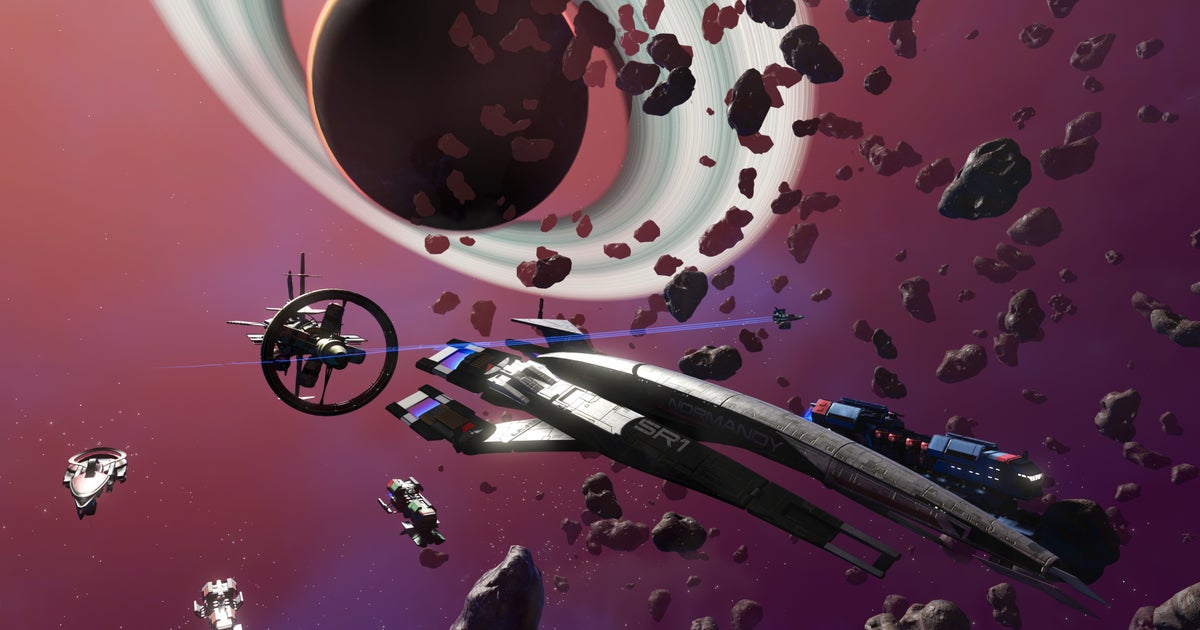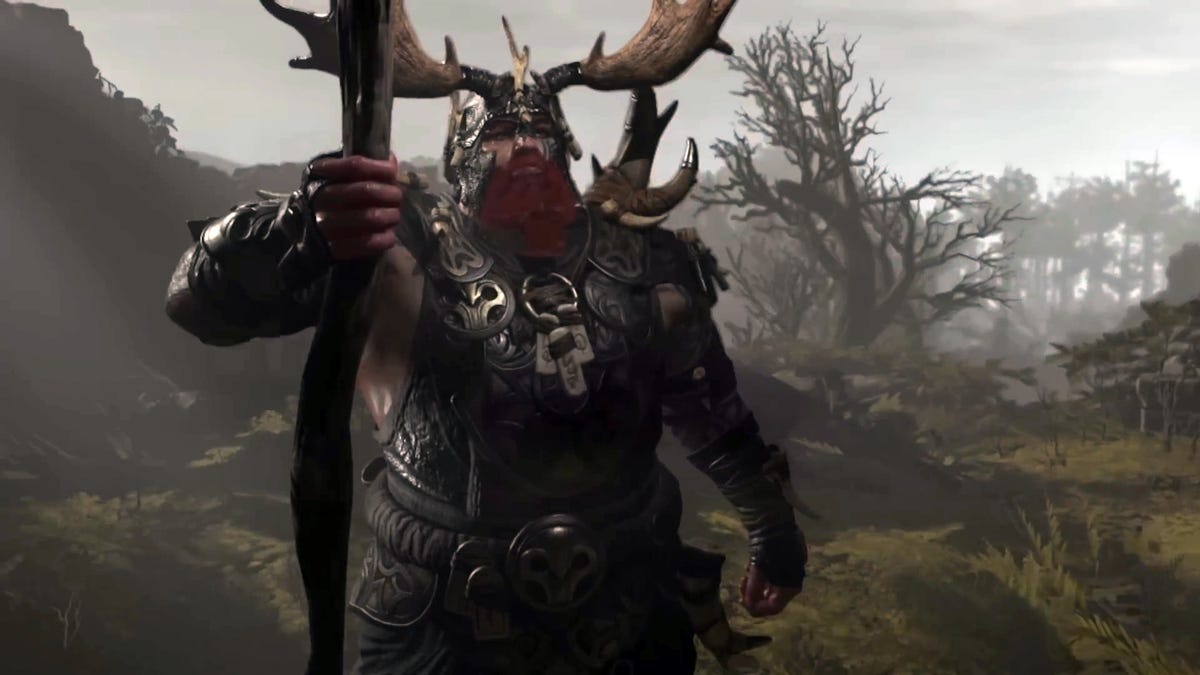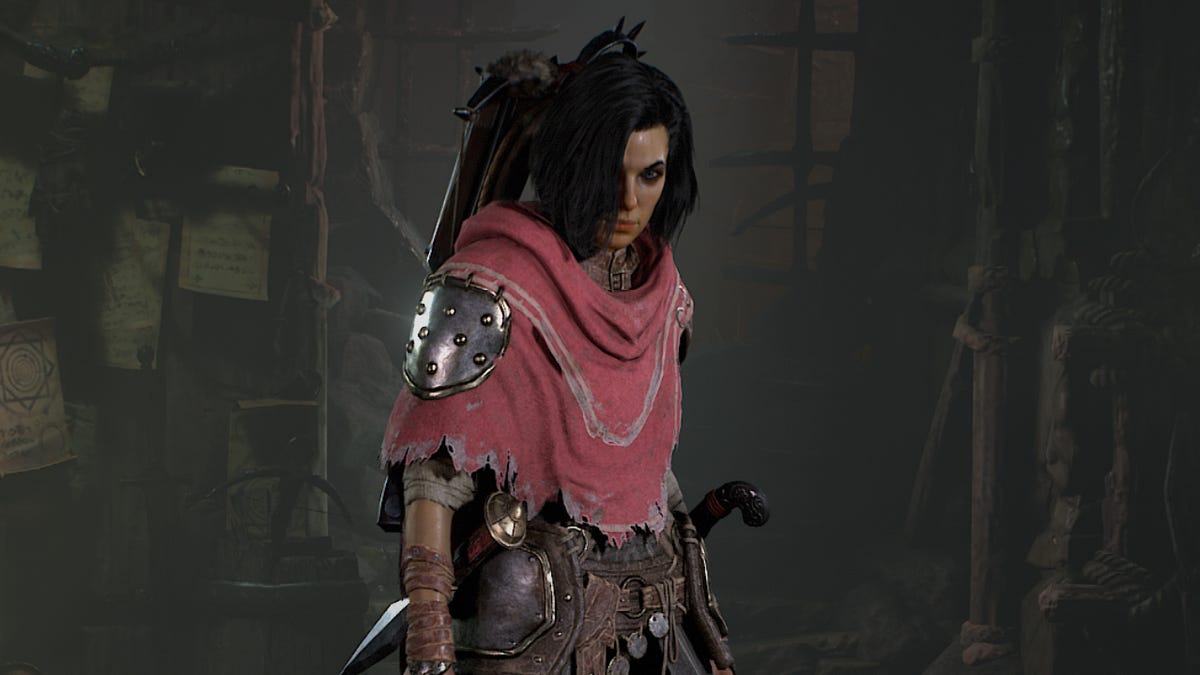The Curse of the Dead Gods is an action roguelite in which you enter sinister dungeons exposed to the dangers they harbor. While this game doesn’t bring anything unique to the genre, it combines elements of other titles like Hades, Darkest Dungeon, and Dead Cells, resulting in gameplay that we are familiar with and that is sometimes boring and not very stimulating.
I took advantage of the new customizations for consoles and decided to play Curse of the Dead Gods on Nintendo Switch because its portability allows us to enter the game at a level that the PC cannot. Also, I have to say it worked perfectly for me, with just a few framerate issues when the screen was filled with enemies. Other than that, no changes have been made which is a bit of a disappointment as I obviously dreamed of a Mario suit.
Speaking of suits, there aren’t any in this title. It’s true that Hades doesn’t have them either, but we can find them in others like Dead Cells, and to be honest this is a craze as it gives the player more content to unlock as well as the ability to change outfits from From time to time. your character.
Let’s concentrate again. When you start the game the art style may remind you of Darkest Dungeon, which seemed like a success as it reinforces the gothic mystery of the dungeons. In addition, this style is also included in the description of the weapons, giving it a rather eerie feeling.
At the beginning we are in a central area that serves as the starting point within the dungeon. For the shop we can use 3 different types of coins: those we get by killing the enemies, those we get when we defeat the bosses and those we earn by completing the missions. These coins can be used to buy upgrades for our character, unlock new weapons, and increase the rarity of the weapons that are offered prior to missions. After we have chosen a number of weapons, we will choose the mission that we want to start. At the beginning there are three missions with a single champion (boss) at the end. In the following, however, there will already be two or three bosses.
When it comes to dungeons, there are three different types, each with their own enemies, bosses, and traps. Despite the fact that this gives us variety and replayability, the temples are pretty similar in terms of the design and layout of the rooms, so they repeat themselves instantly. The same thing happens with the routes, they are also very similar, yes, as we unlock objects, they are less similar. In my experience, temples are roughly the same level of difficulty, and it isn’t until you get into the dungeons with two and three champions that the level of difficulty increases. Be careful, I say this as a good thing that means the difficulty curve is accessible and the game doesn’t throw you in depth and expect you to swim first.
Although these scenarios can be lengthy, the gameplay is generally very interesting and fun. In this title, the combat system is slower than the hectic battles in Hades, which means it is more like the slow and methodical battle of the Dark Souls. However, in Curse of the Dead Gods, this system gets faster and faster the stronger we get, which increases the sense of progression. We have a wide selection of weapons, including spears, daggers, whips and hammers. Once we buy them in the store, they will appear randomly in the races. On the other hand, we also have the option to achieve various effects such as fire or additional critical damage.
Perhaps the most original aspect of Curse, as you may have guessed, is its curse system. Your curse level increases every time you walk out a door, and you can trade it for gold at weapon and artifact altars. This brings a certain strategic component to the title as you need to know when to sacrifice your sanity for long term benefit. When your curse level reaches one hundred, you will be given a new curse. In addition, each dungeon has a number of unique and general curses. These curses can both weaken and strengthen, so you can use them strategically. The game features many different types of curses, from the moment your torch stops shedding light on your curse knife, doing it passively instead of using the gates. In short, it’s a fun system that increases the variety of races. However, one thing that quite disappointed me is that there was only one level five curse. Therefore, you always know what it will be and you can prepare yourself. This removes any mystery from the title’s supposedly most dangerous curse (and the one that undoubtedly nearly ruined the race).
Overall, Curse of the Dead Gods is a pretty decent game that, while not bringing anything new, does have well-mixed features from other role-playing games and does so with a certain strategic depth. Of course, I would like it to give us more replayability, as three different scenarios but with very similar enemies and bosses make games boring quickly and significantly shorten the life of the game. That being said, I would recommend this title to anyone looking for a fun gaming experience without too many complications.
} } } else { window.location="/";
} } else{ $('#re_loginbox').replaceWith(code); $('.loginWrapper').show(); //location.reload(true); } }) .fail(function(jqXHR, msg) { console.log("request fail"); $(selectorForLoginMessage).text(msg).show(); });
} }); } else { // console.log('User cancelled login or did not fully authorize.'); } }, {scope: 'email,publish_actions'}); // TODO: don't ask for publish_actions by default. It might scare away some users. Ask later, when they actually want it. return false; }
function AddSearchParamsAndReload(newParamStr) { var newParamArr = newParamStr.split("&"); if (window.location.search.length > 1) { // don't count the initial '?' var oldParams = window.location.search.substr(1).split("&"); var paramsToAdd = []; for (var j = 0; j < newParamArr.length; j++) { var found = false; for (var i = 0; i < oldParams.length; i++) if (newParamArr[j] == oldParams[i]) found = true; if (!found) paramsToAdd.push(newParamArr[j]); } if (!paramsToAdd.length) window.location.reload(); else window.location.search += '&'+paramsToAdd.join("&"); } else window.location.search="?"+newParamStr; } function datahrefclick_loader() { //var clickloader = document.getElementsByClassName("linkable"); //for (var i = 0; i < clickloader.length; i++) { //clickloader.item(i).addEventListener("click", datahref_redirect, false); //} var matchingElements = []; var clickloader = document.getElementsByTagName("*"); for (var i = 0; i < clickloader.length; i++) { if (clickloader[i].getAttribute('data-ohref') !== null) { clickloader.item(i).addEventListener("click", datahref_redirect, false); clickloader.item(i).style.cursor="pointer"; } } } function datahref_redirect() { // window.location.replace(this.getAttribute('data-href')); // Self window window.open(this.getAttribute('data-ohref'), this.getAttribute('data-scope')); // New window } document.addEventListener("DOMContentLoaded", datahrefclick_loader, false);

![[REVIEW] Curse of the Dead Gods: Dead Divine Inspiration](https://www.gamereactor.es/media/17/cursedeadgods_3081723b.jpg)










